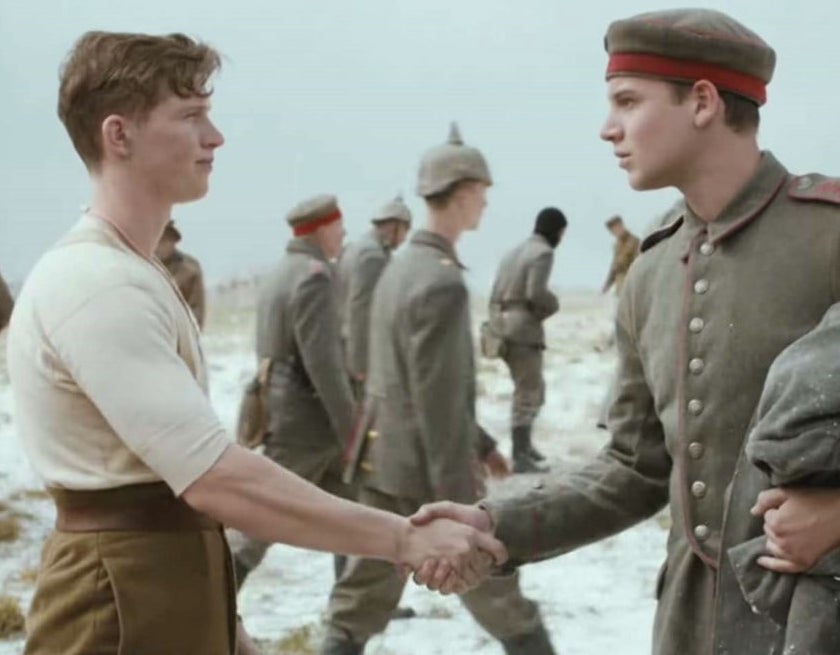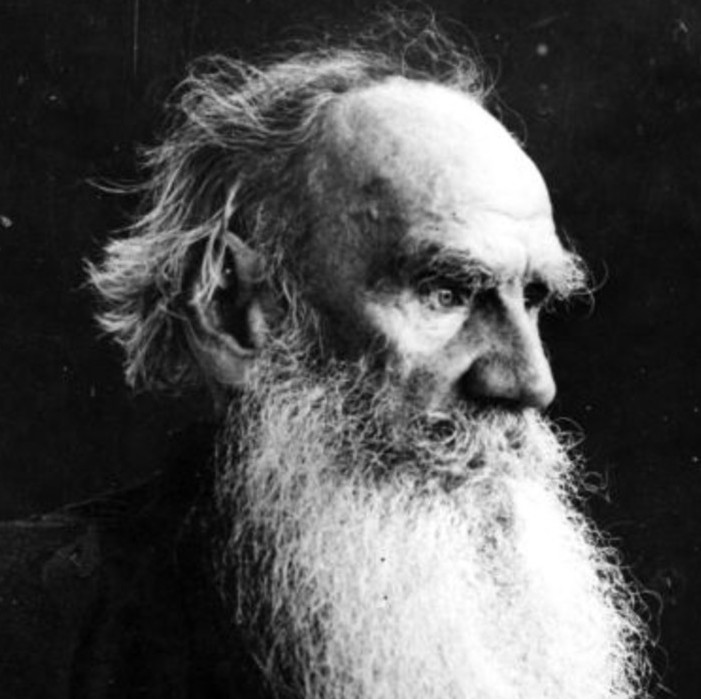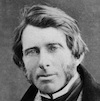Perspectives on 'Soldiers should fight for the good'
Your progress:
of
Perspectives

Reach the heart of any Perspective
Vision

"Beat your swords into plowshares"
Your response:
Sign in
0
0
X

Reach the Heart of a Perspective
Topic:
Soldiers should fight for the good
Beat your swords into plowshares
‘And they shall beat their swords into plowshares,
And their spears into pruning hooks.
Nation shall not lift up sword against nation,
Neither shall they learn war any more.’ Isaiah 2:2-4
“Into a world fascinated with idolatry, drunk with power, bloated with arrogance, enters Isaiah’s word that the swords will be beaten into plowshares, that nations will search, not for gold, power or harlotries, but for God’s word.” Abraham Heschel, The Prophets, 183
And their spears into pruning hooks.
Nation shall not lift up sword against nation,
Neither shall they learn war any more.’ Isaiah 2:2-4
“Into a world fascinated with idolatry, drunk with power, bloated with arrogance, enters Isaiah’s word that the swords will be beaten into plowshares, that nations will search, not for gold, power or harlotries, but for God’s word.” Abraham Heschel, The Prophets, 183
Resources
How to Explore a Perspective
Relax, focus. Take a step back and look at the Perspective from all sides. Now, zero in at the center!

What is the Bias?
What assumptions does it make? Whose interests does it serve?
What is your Personal Experience?
How does it make you feel? How do your experiences, privileges, and personal interests affect your understanding of it?
What assumptions does it make? Whose interests does it serve?
What is your Personal Experience?
How does it make you feel? How do your experiences, privileges, and personal interests affect your understanding of it?
Now, enter the heart
▶ Say something good about what you disagree with, even if there are flaws.
▶ Find causes, not symptoms. Ask what lies at the root.
▶ Have respect for people with different views, insights, and priorities!
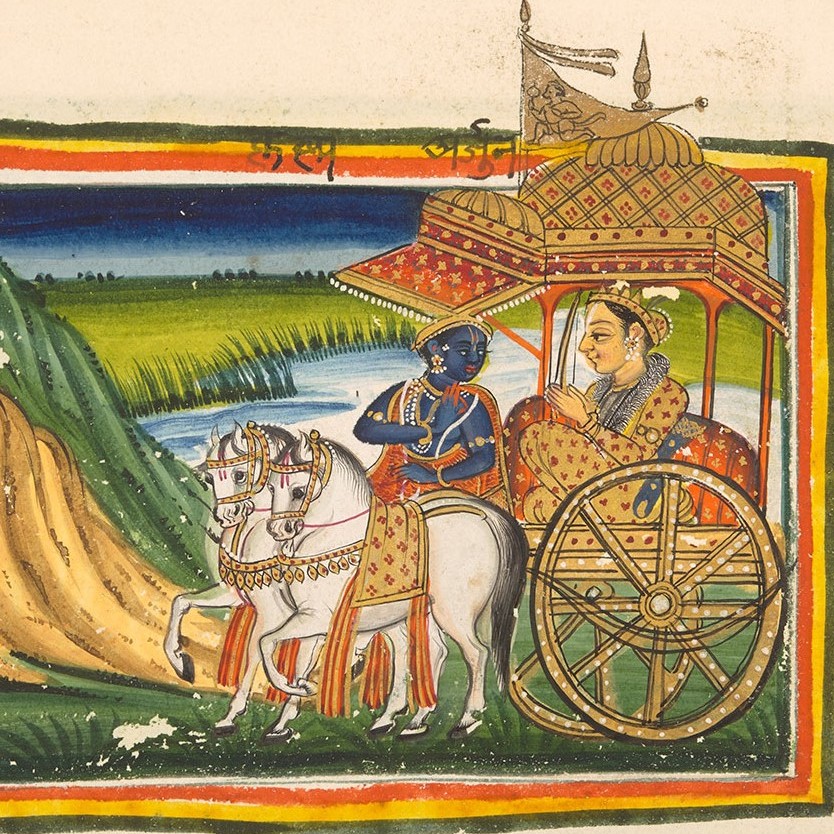
"Recognize our shared humanity"
Your response:
Sign in
0
0
X

Reach the Heart of a Perspective
Topic:
Soldiers should fight for the good
Recognize our shared humanity
“Krishna said, ‘See, Arjuna, the armies of the Kurus, gathered here on this field of battle.’ Then Arjuna saw, in both armies, fathers, grandfathers, sons, grandsons, fathers of wives, uncles, masters, brothers, companions, and friends. When Arjuna thus saw his kinsmen face to face in both lines of battle, he was overcome by grief and despair, and he spoke with a sinking heart: ‘When I see all my kinsmen, Krishna, who have come here on this field of battle, life goes from my limbs and they sink, and my mouth is sore and dry, a trembling overcomes my body, and my hair shudders in horror. I see forebodings of evil, Krishna.” (This section from the Bhagavad Gita is a classic exposition on this idea.)
Resources
How to Explore a Perspective
Relax, focus. Take a step back and look at the Perspective from all sides. Now, zero in at the center!

What is the Bias?
What assumptions does it make? Whose interests does it serve?
What is your Personal Experience?
How does it make you feel? How do your experiences, privileges, and personal interests affect your understanding of it?
What assumptions does it make? Whose interests does it serve?
What is your Personal Experience?
How does it make you feel? How do your experiences, privileges, and personal interests affect your understanding of it?
Now, enter the heart
▶ Say something good about what you disagree with, even if there are flaws.
▶ Find causes, not symptoms. Ask what lies at the root.
▶ Have respect for people with different views, insights, and priorities!
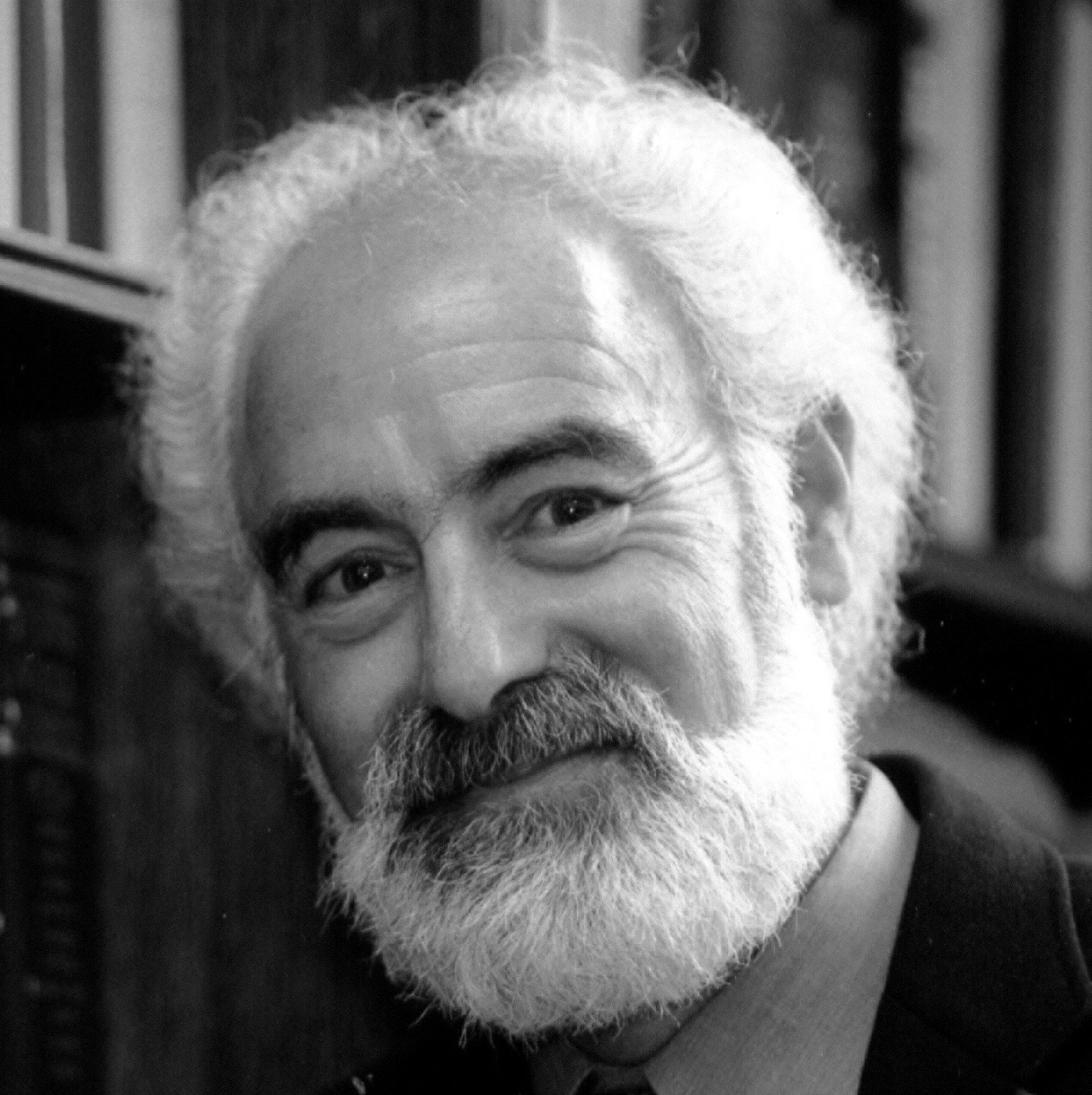
"Genuine communication is needed for peace"
Your response:
Sign in
0
0
X

Reach the Heart of a Perspective
Topic:
Soldiers should fight for the good
Genuine communication is needed for peace
“War has always had an adversary who hardly ever comes forward as such but does his work in the stillness. This adversary is speech, fulfilled speech, the speech of genuine conversation in which men understand one another and come to a mutual understanding....War soon conquers speech and enslaves it in the service of its battle-cries....This living word of human dialogue that from time to time makes its flights until the madness smothers it, now seems to have become lifeless in the midst of the non-war. The debates between statesmen which the radio conveys to us no longer have anything in common with a human conversation: the diplomats do not address one another but the faceless public.” Martin Buber, Pointing the Way, 236
“The fact that it is so difficult for present-day man to pray (note well: not to hold it to be true that there is a God, but to address Him) and the fact that it is so difficult for him to carry on a genuine talk with his fellow-men are elements of a single set of facts. This lack of trust in Being, this incapacity for unreserved intercourse with the other, points to an innermost sickness of the sense of existence. One symptom of this sickness, and the most acute of all, is the one from which I have begun: that a genuine word cannot arise between the camps.” Martin Buber, Pointing the Way, 238
See Martin Buber, I and Thou
“The fact that it is so difficult for present-day man to pray (note well: not to hold it to be true that there is a God, but to address Him) and the fact that it is so difficult for him to carry on a genuine talk with his fellow-men are elements of a single set of facts. This lack of trust in Being, this incapacity for unreserved intercourse with the other, points to an innermost sickness of the sense of existence. One symptom of this sickness, and the most acute of all, is the one from which I have begun: that a genuine word cannot arise between the camps.” Martin Buber, Pointing the Way, 238
See Martin Buber, I and Thou
Resources
How to Explore a Perspective
Relax, focus. Take a step back and look at the Perspective from all sides. Now, zero in at the center!

What is the Bias?
What assumptions does it make? Whose interests does it serve?
What is your Personal Experience?
How does it make you feel? How do your experiences, privileges, and personal interests affect your understanding of it?
What assumptions does it make? Whose interests does it serve?
What is your Personal Experience?
How does it make you feel? How do your experiences, privileges, and personal interests affect your understanding of it?
Now, enter the heart
▶ Say something good about what you disagree with, even if there are flaws.
▶ Find causes, not symptoms. Ask what lies at the root.
▶ Have respect for people with different views, insights, and priorities!
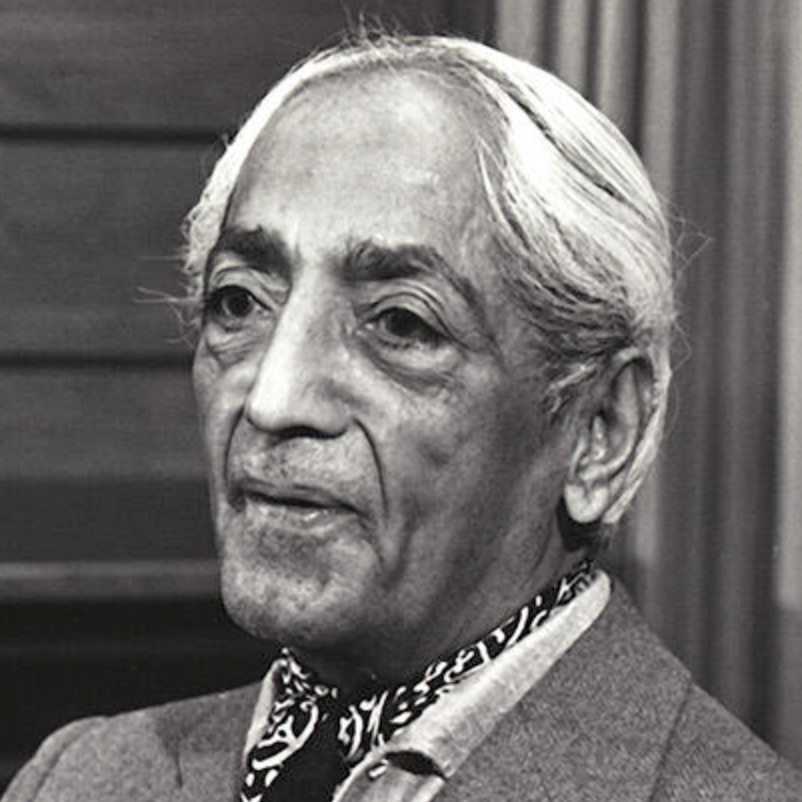
"Peaceful movements do not engage in conflict"
Your response:
Sign in
0
0
X

Reach the Heart of a Perspective
Topic:
Soldiers should fight for the good
Peaceful movements do not engage in conflict
“Conflict can only exist between the false and the false. There can be no conflict between the true and the true. Nor even between the true and the false. As there can be no conflict between two peace-lovers, not between a peace-lover and a war-monger. Conflict really happens only when there are two warmongers wanting to have their way. Religious conflict is between one false religion and another false religion. Religions have become the vehicles of propaganda, and propaganda is not truth….Truth is not in any book. If truth were there, then there would be no conflict between the Bible and the Koran, between the Bhagavad Gita and the Buddhist sutras.” J. Krishnamurti, in Satish Kumar, You Are, Therefore I Am 90.
Resources
How to Explore a Perspective
Relax, focus. Take a step back and look at the Perspective from all sides. Now, zero in at the center!

What is the Bias?
What assumptions does it make? Whose interests does it serve?
What is your Personal Experience?
How does it make you feel? How do your experiences, privileges, and personal interests affect your understanding of it?
What assumptions does it make? Whose interests does it serve?
What is your Personal Experience?
How does it make you feel? How do your experiences, privileges, and personal interests affect your understanding of it?
Now, enter the heart
▶ Say something good about what you disagree with, even if there are flaws.
▶ Find causes, not symptoms. Ask what lies at the root.
▶ Have respect for people with different views, insights, and priorities!

"Military should be used not for aggression but well-being, not weaponry"
Your response:
Sign in
0
0
X

Reach the Heart of a Perspective
Topic:
Soldiers should fight for the good
Military should be used not for aggression but well-being, not weaponry
“Conscious evolution calls upon the military genius to help us learn how to shift from weaponry to ‘livingry,’ as Buckminster Fuller poetically declared. We need to reorient our extraordinary organizational and technical capacities to restore our environment, protect us from natural disasters and terrorists, and develop peace-building and conflict resolution skills while we explore and develop our extended environment in outer space.” Barbara Max Hubbard, Conscious Evolution, 89
Seek active, visionary peace, not just the cessation of violence
“The task that is facing us is how to build the reality of a common interest in peace. But with a revolutionary element injected into war that demands also a new sense of peace. Not a peace that would keep the nations quietly apart, but a peace that would bring them actively together; not the old static and strategic view of peace, but a social view of it.” David Mitrany
Seek active, visionary peace, not just the cessation of violence
“The task that is facing us is how to build the reality of a common interest in peace. But with a revolutionary element injected into war that demands also a new sense of peace. Not a peace that would keep the nations quietly apart, but a peace that would bring them actively together; not the old static and strategic view of peace, but a social view of it.” David Mitrany
Resources
How to Explore a Perspective
Relax, focus. Take a step back and look at the Perspective from all sides. Now, zero in at the center!

What is the Bias?
What assumptions does it make? Whose interests does it serve?
What is your Personal Experience?
How does it make you feel? How do your experiences, privileges, and personal interests affect your understanding of it?
What assumptions does it make? Whose interests does it serve?
What is your Personal Experience?
How does it make you feel? How do your experiences, privileges, and personal interests affect your understanding of it?
Now, enter the heart
▶ Say something good about what you disagree with, even if there are flaws.
▶ Find causes, not symptoms. Ask what lies at the root.
▶ Have respect for people with different views, insights, and priorities!


